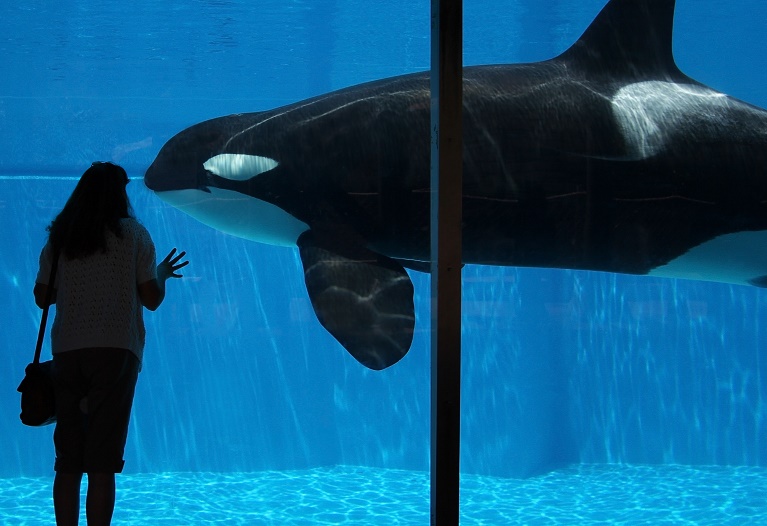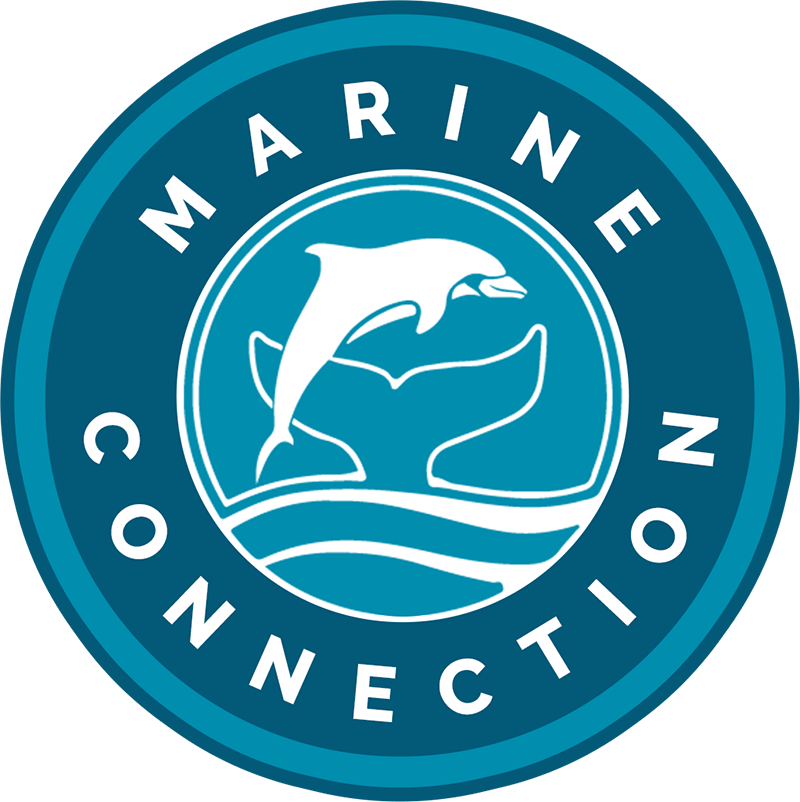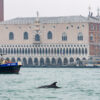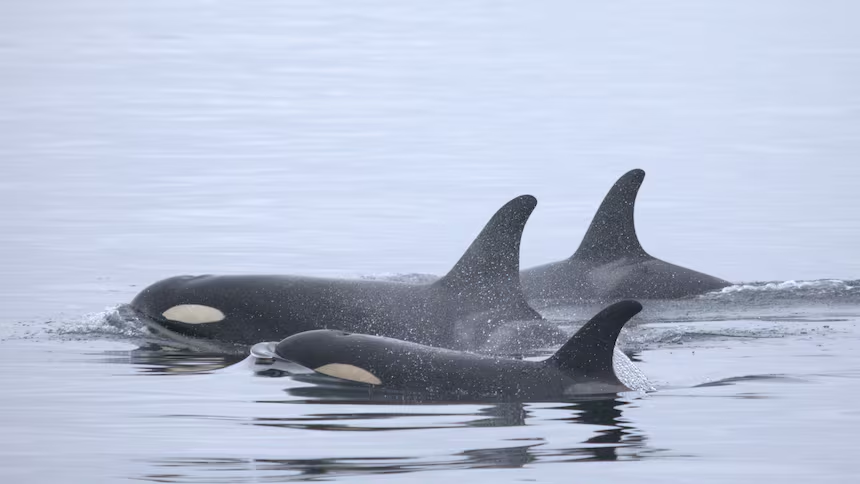 Worldwide mankind is facing extremely challenging times both personally and professionally. As humans, we face the physical threat of the Corvid-19 virus, separation from our loved ones and for some, even complete isolation. The current situation raises further concerns for us as advocates speaking out for dolphins, whales and porpoises (cetaceans) living in confinement – as facilities might be closed to the public, but captive marine mammals still need to be tended and fed by staff.
Worldwide mankind is facing extremely challenging times both personally and professionally. As humans, we face the physical threat of the Corvid-19 virus, separation from our loved ones and for some, even complete isolation. The current situation raises further concerns for us as advocates speaking out for dolphins, whales and porpoises (cetaceans) living in confinement – as facilities might be closed to the public, but captive marine mammals still need to be tended and fed by staff.
As governments across the world try to deal with threats to human health, what is/can be done to protect animals confined to enclosures/cages in zoos or, in our specific area of concern, cetaceans confined to tanks – what plans are in place to ensure their welfare at this time. With the majority of facilities housing cetaceans across the globe being forced to close, several have taken to social media to assure the public that their animals continue to be cared for and exercised, both mentally and physically. However, loss of income is having an impact – no visitors allowed means zero income. Larger facilities such as SeaWorld who are reported to be losing approx. $1.8million per day in revenue at their Orlando facility alone (from admission, merchandise, food, beverages and parking), may be able to cope with this burden longer, however smaller, less profitable ones will undoubtedly struggle far sooner, and as this escalates the welfare and ultimate survival of captive cetaceans could be under serious threat.
Any financial assistance offered by governments to marine parks/dolphinaria should be given on the strict condition that funds are used not only to pay essential staff wages (such as veterinarians and trainers) but to ensure that vital sustenance and medical requirements continue to be supplied to ensure the welfare of the animals under their care. Marine Connection upholds its commitment to ending the keeping of cetaceans in captivity and captures from the wild, therefore comments on financial support for captive facilities should not in any way be seen as support or approval for these businesses, rather as a reflection of our concern for the welfare of the animals who find themselves in a situation they cannot change or control.
Throughout this lockdown period, however long that may be, we will continue to be their voice. No cetacean should be forced to live in confinement, relying for their welfare on those who profit from them in the name of entertainment. We need to look at a future where facilities commit to ending captive breeding and contributing to a different way of life for the dolphins and whales they currently hold – the lives of these intelligent, sentient beings are quite literally in the hands of the public display industry.
Right now, more than ever, dolphins and whales in captivity are at the mercy of mankind and this cannot continue. As and when societies return to normal free from restraint, many people will resume their usual way of living, however for dolphins and whales confined to tanks, the same daily repetitive cycle will continue.




